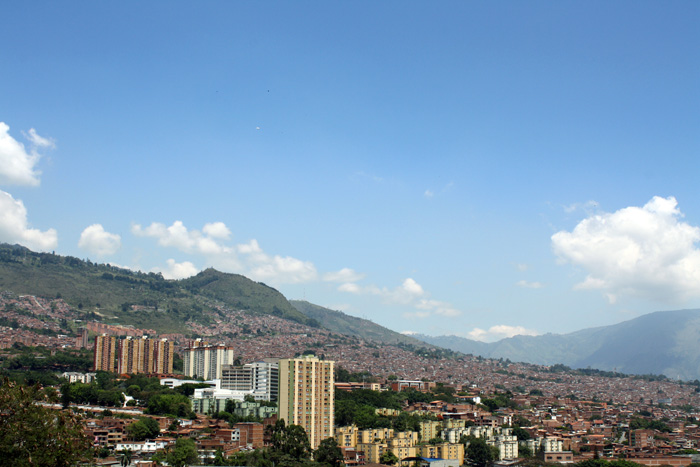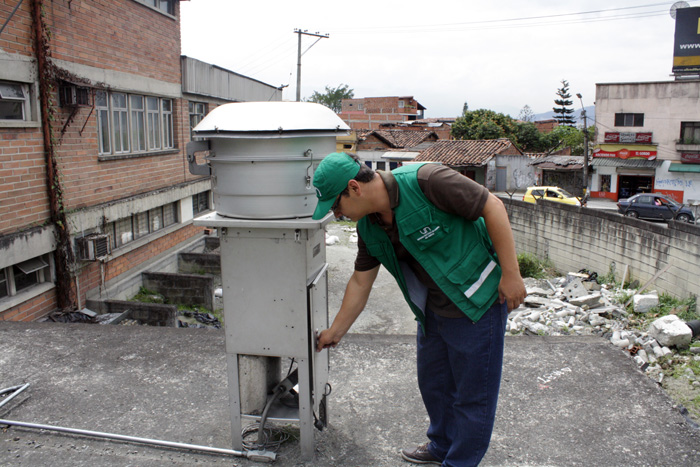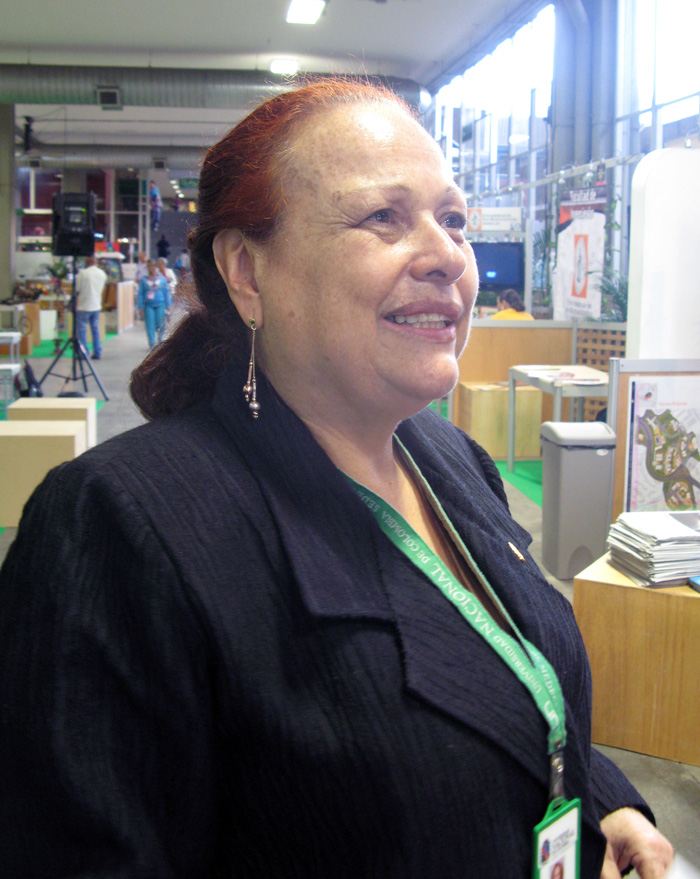The use of fuels is one of the most important sources of contamination in Valle, for this reason, emission control is a priority. The aspects surrounding this issue are three: technology, engines, the improvement of diesel fuels and gas, and a cultural change in the consumption and environmental awareness.
Guillermo Alzate, Professor of the School of Processes and Energy of the faculty of Mines, asserted that "the State has to have very clear initiatives and talk to the transportation union, the citizens and car shops," about the technological improvement that has to be implemented in engines, since they have to improve their processes in pre, during, and after combustion.
"A clear schedule for the scrap program and technological change is necessary. Besides, it is necessary to incorporate new fleet stock that can fulfill the law requirements of the planet," asserted Alzate.
Regarding the improvement of fuels, Ecopetrol undertook with the Metropolitan Area to deliver reduced fuels (programmatically) in terms of sulfur contents, aiming at improving the quality of the air, especially regarding the content of this particulate material.
Carmen Elena Zapata, director of Calaire, asserted that: "Ecopetrol has invested in desulphurization plants for refining fuels that began to work last year. In this moment, they are producing diesel and gas that counts with 300 parts per million, last year it was of 1000 parts per million."
In some countries such as Italy and England, fuels with 10 parts per million are being used. Besides, there is a movement that aims at changing public transportation to use hydrogen, since the resulting emissions would be of water. However, this technology is still too expensive.
This improvement in the quality of fuels must be a complement for the technological improvement of engines in the city. The problem of the circulation of old cars without the technology to process fuels properly is still an issue.
 Correo Electrónico
Correo Electrónico
 DNINFOA - SIA
DNINFOA - SIA
 Bibliotecas
Bibliotecas
 Convocatorias
Convocatorias
 Identidad UNAL
Identidad UNAL





